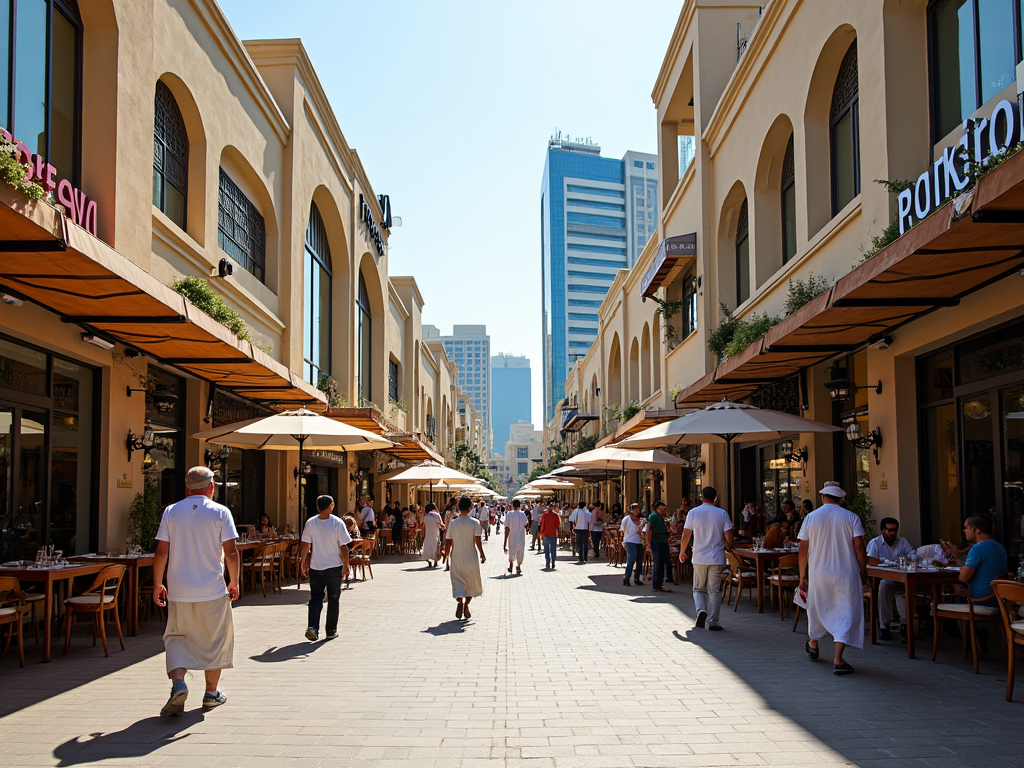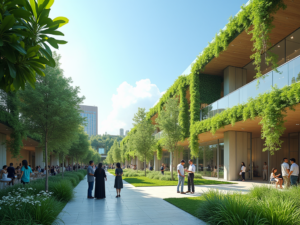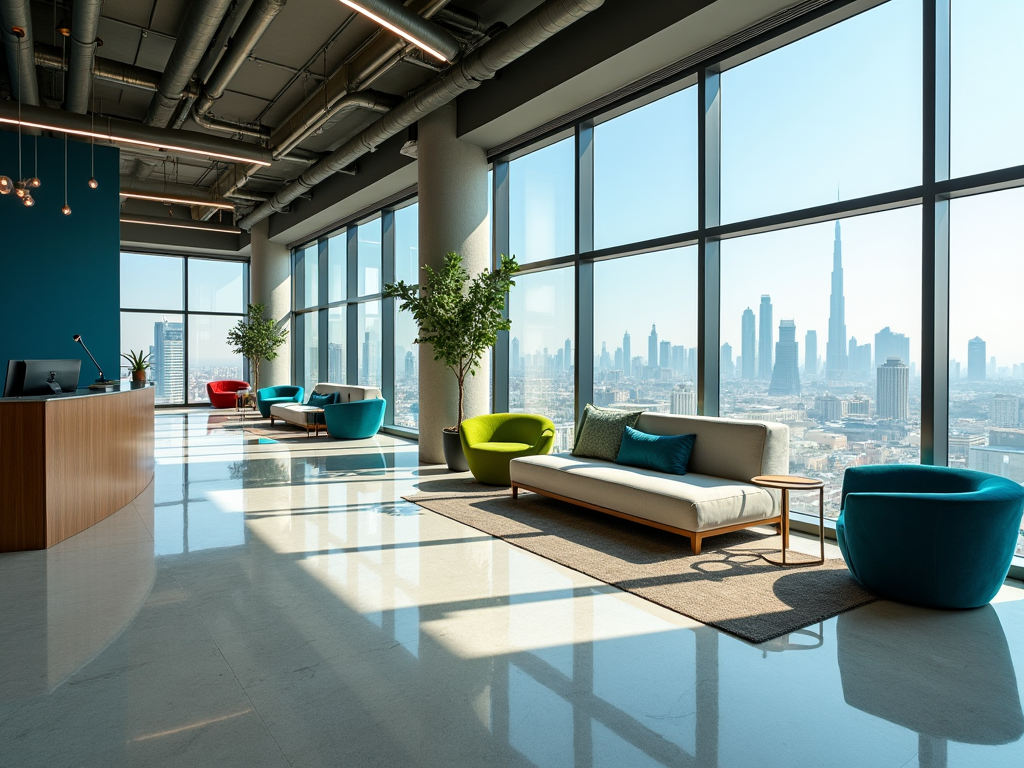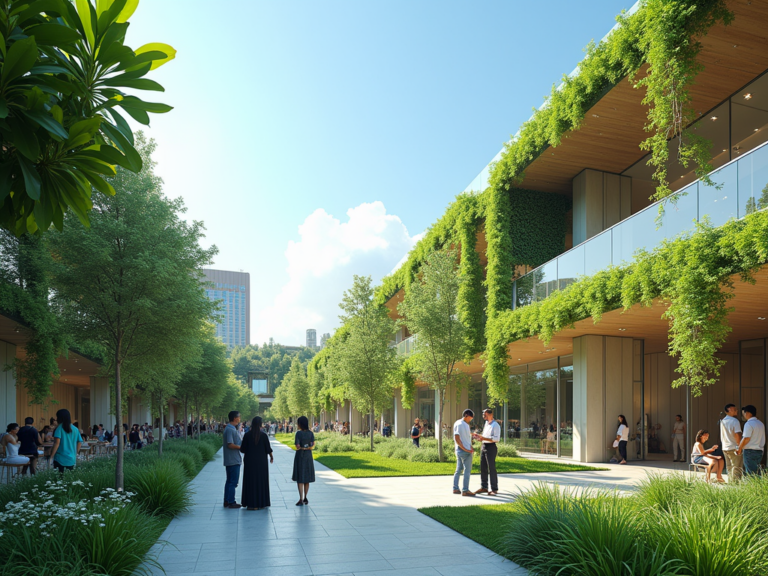Renting a commercial space in Dubai can be a complex process, given the city’s dynamic real estate market and regulatory landscape. Several factors need to be taken into account to ensure that your business thrives in this bustling metropolis. From location and zoning laws to amenities and budget considerations, navigating these elements will help you make an informed decision that aligns with your business goals. This article explores the key aspects to consider before committing to a commercial rental agreement in Dubai.
Location, Location, Location

The location of your commercial space is pivotal to your business’s success, especially in a cosmopolitan city like Dubai. A prime location can lead to higher foot traffic, increased brand visibility, and access to critical infrastructure. When evaluating potential neighborhoods, consider the following:
- Proximity to Target Market: Ensure the space is accessible to your target audience.
- Competitors: Analyze where similar businesses are located.
- Transport Links: Evaluate public transportation routes and parking availability.
- Development Trends: Look for areas undergoing growth or redevelopment.
- Local Amenities: Check for nearby services that can enhance your business.
Choosing the right location can drastically impact your business’s performance and the overall customer experience.
Understanding the Lease Agreement
A comprehensive understanding of the lease agreement is critical before renting a commercial space. Lease terms can vary significantly, and ignorance can lead to costly mistakes. Pay close attention to the following aspects of the lease:
- Duration of Lease: Determine how long you are committing.
- Renewal Options: Explore terms for extending the lease.
- Rent Escalation Clauses: Be aware of how rent can increase over time.
- Maintenance Responsibilities: Clarify who is responsible for repairs and maintenance.
- Exit Clauses: Understand the terms for lease termination or early exit.
Each of these factors can significantly affect your long-term costs and business operations, so ensure you read the fine print and consider consulting a legal expert when necessary.
Cost Considerations
Budgeting is an essential aspect of renting a commercial space in Dubai. Beyond the base rent, several associated costs must be considered to get a transparent view of the total expense. Key elements include:
- Service Charges: These might cover maintenance, security, and common area utilities.
- Utility Costs: Assess monthly costs for electricity, water, and internet services.
- Deposit Amount: Usually, landlords require a security deposit, typically equivalent to a few months’ rent.
- Fit-Out Costs: You may need to invest in custom build-outs or renovations.
- Taxes and Licensing: Account for local taxes and the costs associated with obtaining the necessary business licenses.
By examining these expenses critically, you can formulate a realistic budget and avoid unforeseen financial burdens.
Every business operating in Dubai must comply with both local and federal regulations. Understanding these legal requirements when leasing a commercial space is vital. Consider the following regulations:
- Zoning Laws: Ensure your business activities comply with the designated zoning for the space.
- Trade Licenses: Confirm that you obtain the necessary licenses for your business operations.
- Health and Safety Regulations: Familiarize yourself with local health regulations, especially if operating in sectors like food and hospitality.
- Building Codes: Verify that the premises meet all building codes and standards set by local authorities.
Failing to adhere to these regulations can lead to hefty fines or even closure of your business, making it essential to conduct thorough research beforehand.
Flexibility and Growth Potential
Consider the flexibility of the commercial space and its capacity for growth. As businesses evolve, space requirements can change, so it’s wise to think ahead. Evaluate the following:
- Scalability: Can the space accommodate future expansion?
- Adaptability: Is the layout flexible for potential renovations or alterations?
- Market Trends: Stay informed about market trends that might affect your area.
- Possibility of Subleasing: Understand if you can sublease part of the space if needed.
- Community and Networking: Are there networking opportunities within the vicinity that could benefit your business?
Strategically considering the future potential of your work environment can segment a small factor that plays a significant role in your long-term success.
Conclusion
Renting a commercial space in Dubai necessitates careful consideration of various factors including location, lease agreements, costs, compliance, and future growth potential. By addressing these critical elements diligently, you can position your business for success in one of the world’s fastest-growing cities. Becoming knowledgeable about the commercial rental landscape will enable you to navigate the process more smoothly and make informed decisions that align with your business goals. Additionally, engaging with real estate professionals and legal advisors can further enhance your understanding and assist in securing the best commercial space for your needs.
Frequently Asked Questions
1. What are the average commercial rental rates in Dubai?
The average commercial rental rates can vary significantly based on the location and type of property. Areas like Downtown Dubai tend to have higher rents compared to emerging neighborhoods. Always research current market trends for accurate pricing.
2. Do I need a local sponsor to rent commercial space in Dubai?
Yes, if you are a foreign investor looking to set up a business in the mainland, you generally require a local sponsor or partner, although this rule can differ based on the free zone regulations.
3. Can I negotiate the lease terms?
Absolutely! Many landlords in Dubai are open to negotiating lease terms, especially in a competitive market. It’s advisable to discuss any terms you find unfavorable or seek adjustments during the negotiation process.
4. What types of businesses can operate in commercial spaces?
Commercial spaces in Dubai can accommodate a variety of businesses, including retail stores, offices, restaurants, and more. However, it is important to ensure that your specific business type complies with local zoning regulations.
5. Are there any additional costs involved in leasing a commercial property?
Yes, apart from the rent, you should consider service charges, maintenance fees, utility bills, and taxes. Assess all these factors meticulously prior to signing a lease to avoid any financial surprises.























